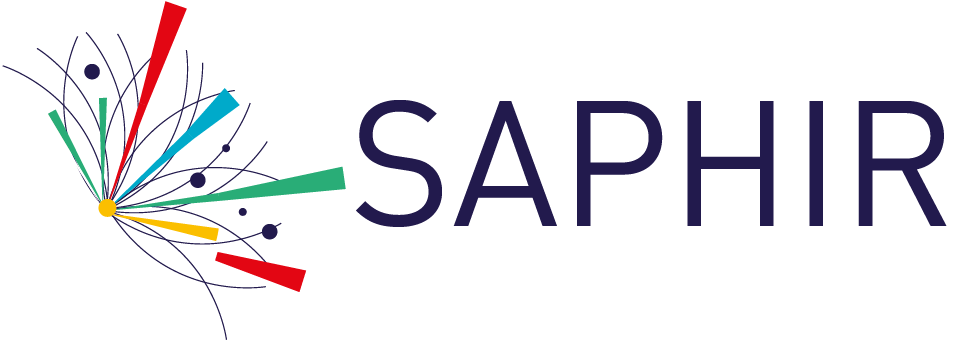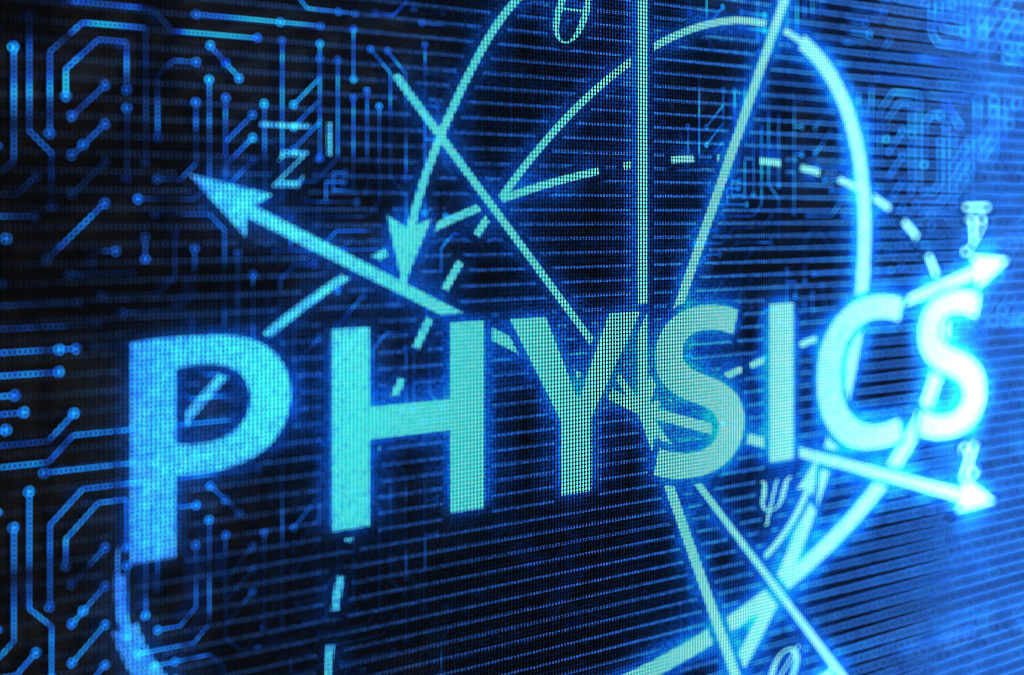Chile has taken a significant step in the field of scientific research by seeking to become an Associated State of CERN (European Organization for Nuclear Research). In this context, Jilberto Zamora, associate researcher of the Millennium Institute SAPHIR, academic and member of the CERN ATLAS collaboration in Chile, comments on the importance of this application for the scientific future at national level in an interview with the newspaper La Tercera.
As context, during July 2023, a Chilean delegation together with President Gabriel Boric, made a visit to CERN. During this visit, the president announced the initiative to begin the process for Chile to become an Associate State of this organization. This would make Chile the first Spanish-speaking country to acquire this category.
What many are unaware of is that, at present, Chilean scientists participating in CERN projects are in the category of "users" and this has limitations. According to Zamora, although Chile has demonstrated competence in the activities carried out at CERN, the "user" status implies restrictions on access to all the benefits that the organization offers. This is because the member states, mainly those of the European Community, have significant privileges as the main funders of the institution.
The physicist highlights the importance of advancing in this initiative and points out that there is the category of "Associated State", created by CERN in 2010. This level is below that of a member state but would allow Chile to improve its status and participation. To achieve this, the country will have to commit economic resources, an investment that, according to Zamora, will be used by Chilean researchers themselves.
Being an Associated State would not only provide access to the knowledge and guidance of the institution, but would also open up opportunities for Chilean industry by allowing it to participate in tenders. The researcher believes that this step would be crucial to significantly boost Chile's presence on the international scientific scene and would provide the possibility of competing in the "big leagues".
Chile formalized its application last year and next March, a CERN delegation will visit the country to analyze whether it meets the necessary requirements. The final report is expected to be ready by the middle of this year, marking a milestone in Chile's commitment to scientific research worldwide.
If you want to see the details of the interview, we invite you to read the article published in the newspaper La Tercera, available at this link.

